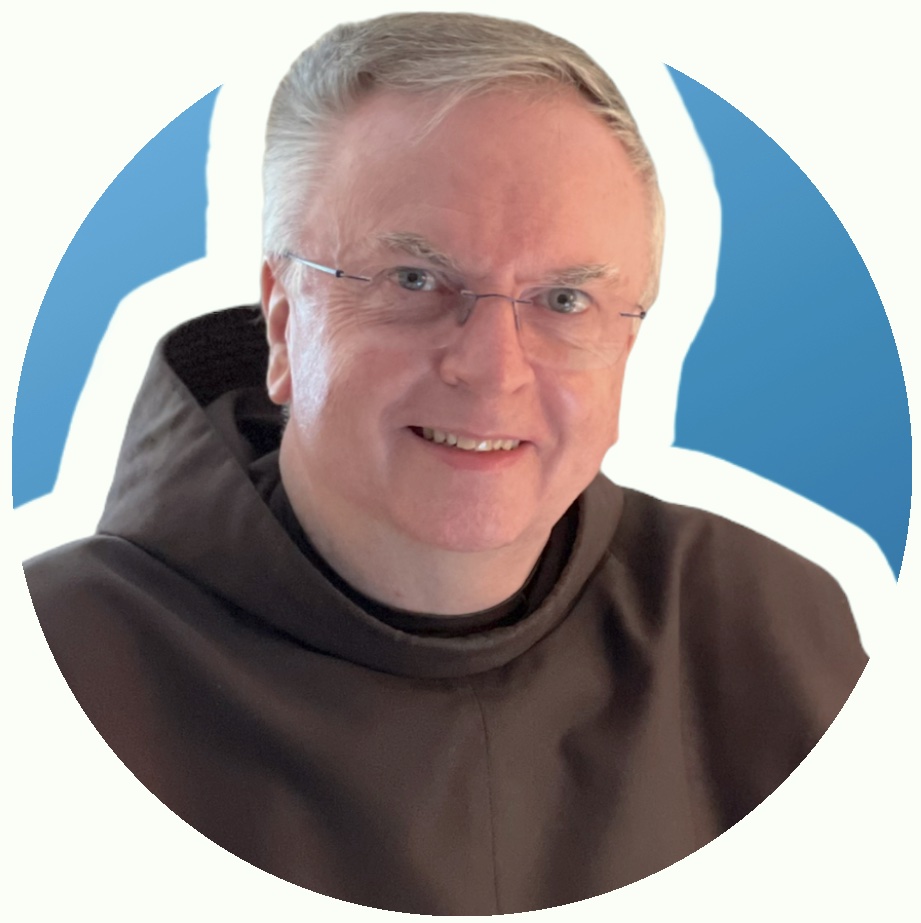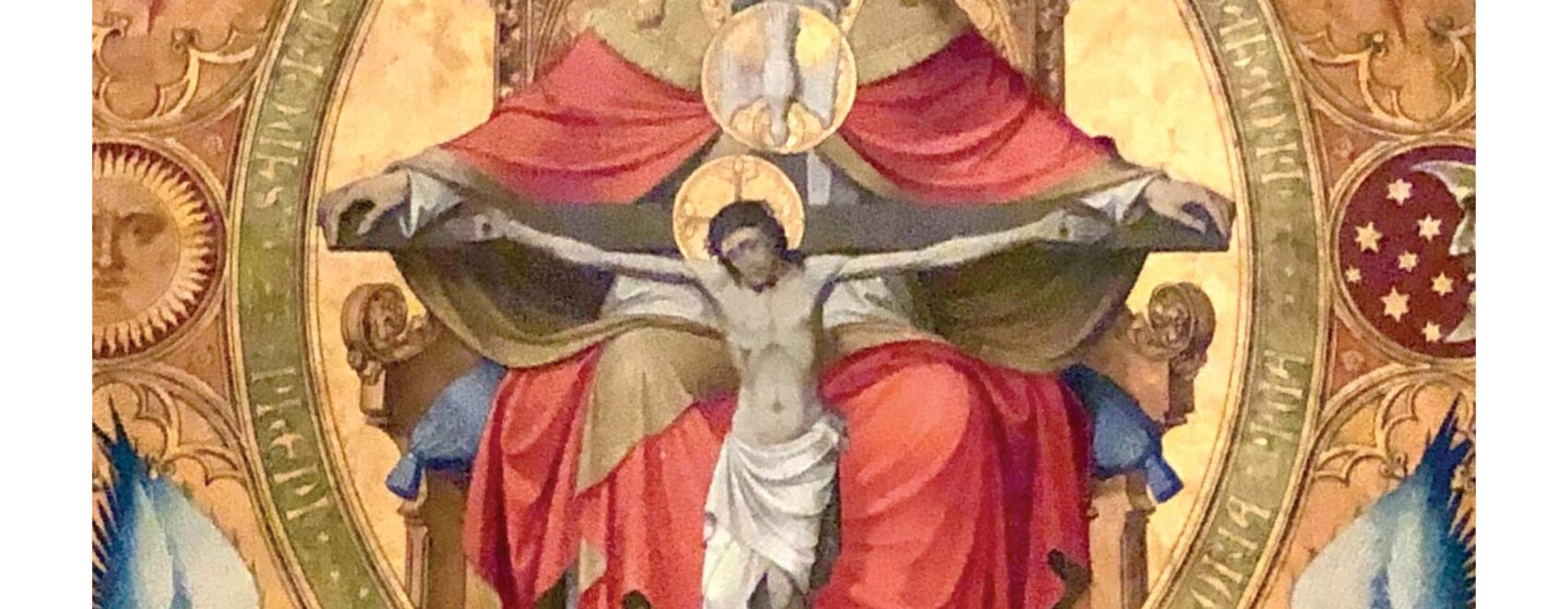
Dear Parishioners and Friends,
You have probably heard me say this before, but one of the main reasons why I was so excited to become Pastor at St. Patrick-St. Anthony is because of our parish’s extraordinary music ministry. I was eager to see and hear for myself just how extraordinary it was, and I was not disappointed! In fact, over the past year and a half I have witnessed its continued growth, despite the challenges of the COVID pandemic, into a first-class musical ensemble under the dedicated and tireless leadership of Gabriel Löfvall.
Since this is the final Sunday of our choir season, I want to say a few words about the role music plays in the Church’s liturgical life. I speak from two perspectives: that of a pastor and that of a musician. Both roles have come into play often as Gabe and I spent hours in his office chatting about choral music, hymnody, psalmody, organs and organ literature; but most importantly, how we can help you raise your hearts and voices in praise of God. After all, that is primary purpose of music in the liturgy.
The Catechism of the Catholic Church says this: The musical tradition of the universal Church is a treasure of inestimable value, greater even than that of any other art. The main reason for this pre-eminence is that, as a combination of sacred music and words, it forms a necessary or integral part of solemn liturgy” (Sacrosanctum Concilium, no. 112). The composition and singing of inspired psalms, often accompanied by musical instruments, were already closely linked to the liturgical celebrations of the Old Covenant. The Church continues and develops this tradition: “Address … one another in psalms and hymns and spiritual songs, singing and making melody to the Lord with all your heart.” (cf. Col 3:16).
My hope is that we have been able to carry out this age-old tradition here in downtown Hartford by the way we come together Sunday after Sunday, season after season, and bring our best efforts to our worship of God the Father, through his Son Jesus, in the power of the Holy Spirit. This last statement is not only appropriate as we celebrate the Solemnity of the Most Holy Trinity today; it is the constant underpinning of every liturgy we celebrate together as a community.
The united voices of the worshiping community are essential for true and authentic liturgy. Our choirs help us to bolster that purpose. In other words, they don’t replace our common song – they enhance it. The organ, piano and other instruments do their job by leading us and keeping us in tune and tempo! And while we may not always be familiar with the tunes, we should be open to learning new ones, especially when the texts of the hymns and songs convey biblical themes that enlarge the message of the day, or a particular part of the liturgy. Most importantly, we need to pay close attention to the words we sing because they must always be a form of prayer and praise addressed to God alone.
We have been able to introduce some new elements in our liturgical music this past year. For example, the new chancel organ has enabled us to bring the choirs downstairs to become more integral to the liturgical action. The organists and choirs are now more visible so they can exercise more keenly their roles as liturgical ministers, just as the Presiders, Servers, Lectors, Cantors and Eucharistic Ministers do. Also, we have introduced a greater variety of Cantors from among our professional singers so that different voices are heard.
I am also excited to announce that a new choral piece has been composed for us that will be premiered at our annual Festival of Lessons and Carols at Christmas. It was written at my request by Dr. Charles Callahan, an eminent organist and composer whom I got to know back in 1995 in preparation for the Papal Mass in Central Park. Dr. Callahan has written a beautiful piece based on an antiphon from the Liturgy of the Hours for January 1st. The antiphon is part of a 14th-Century parchment folio that I own, and Gabe and I thought it would be wonderful if we could have a choral setting based on it. Enter Dr. Callahan. I’ll tell you more about it as the time gets closer to its first performance.
In the meantime, I wish to extend my deepest thanks to all our musicians for a superb year of beautiful music, and I want to extend best wishes to our Organ Scholar, Zachary Schurman, as he completes his time with us this weekend and prepares to head to New York and graduate studies in organ at The Juilliard School of Music.
Johann Sebastian Bach always wrote the words Soli Deo Gloria at the start of everything he composed. To God alone be the glory. No better motto – or reason for living – has ever been written.
Blessings on your week ahead.
Fr. Tim Shreenan, O.F.M.
Pastor

